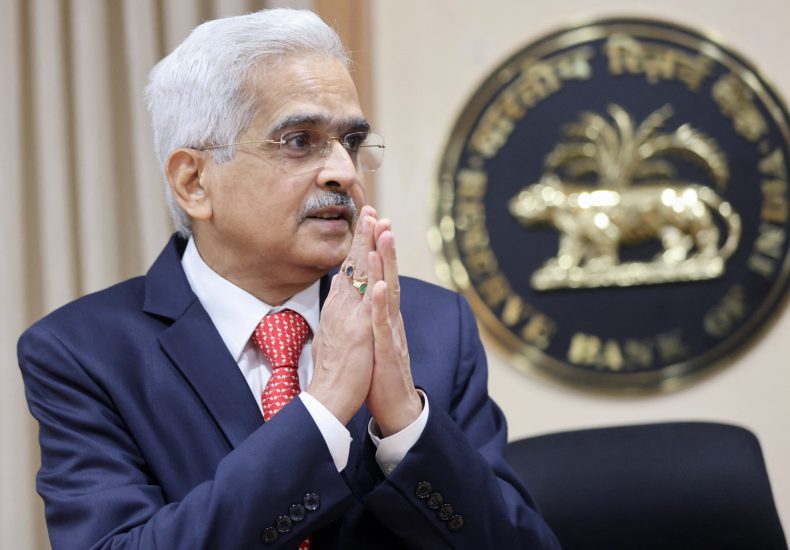
Global Inflation Risks Rising, Warns India’s Central Bank Chief
In recent months, inflationary pressures have become a central concern for policymakers worldwide. The global inflation risks highlighted by India’s central bank chief reflect growing fears of inflationary resurgence that could disrupt economic stability. With inflation impacting living costs and interest rates, central banks across the world are monitoring the situation closely.
The Central Bank’s Perspective on Economic Risks
The Reserve Bank of India (RBI) recently expressed its concerns over global inflationary pressures. According to the bank’s chief, unchecked inflation could hinder economic growth, increase borrowing costs, and complicate the ongoing global economic recovery.
Key Factors Contributing to Inflation
The current inflationary surge can be attributed to several global factors that continue to impact the cost of goods and services across countries.
Rising Energy and Commodity Prices
Global prices of energy and essential commodities have risen significantly, driven by increased demand, geopolitical tensions, and supply shortages. The sharp rise in oil and gas prices has contributed to rising inflation across economies, affecting transportation, manufacturing, and utility costs worldwide.
Supply Chain Disruptions Impact
The COVID-19 pandemic caused severe disruptions to global supply chains, resulting in delays, shortages, and higher shipping costs. While supply chains are gradually recovering, ongoing bottlenecks contribute to global inflation risks, raising prices for goods and services.
India’s Economic Landscape in a Global Context
India’s economy, like many others, faces challenges stemming from these global inflationary pressures. While the country is on the path to economic recovery, rising inflation could slow progress, particularly in sectors sensitive to international market fluctuations.
How Global Inflation Could Impact India’s Economy
The global inflation risks discussed by India’s central bank highlight the potential challenges for India’s economy, which may be affected by rising prices, interest rates, and costs of imported goods.
Effects on Interest Rates
Persistent inflation can lead to higher interest rates as central banks attempt to control rising prices. If the RBI increases rates, borrowing costs could rise, potentially dampening investments and consumer spending in India.
Consequences for India’s Export Sector
Inflation in major economies can impact demand for Indian exports. Rising costs may reduce global purchasing power, affecting India’s trade balance and economic growth.
Global Central Banks’ Responses to Inflation
Many central banks, including the U.S. Federal Reserve and the European Central Bank, are monitoring inflation closely, considering rate hikes and other measures. Their responses will likely influence the global economy and impact global inflation risks further.
India’s Approach to Curbing Inflation
The Reserve Bank of India has implemented various measures to manage inflation, including adjusting interest rates and monitoring inflationary trends. The RBI’s proactive stance is critical in safeguarding the economy from potential negative effects.
Possible Challenges for the Reserve Bank of India
While managing inflation is essential, the RBI faces the challenge of balancing inflation control with economic growth. Rapid rate hikes could dampen economic momentum, so the RBI must act cautiously to avoid disrupting India’s recovery.
Economic Recovery and Global Financial Stability
The global economic recovery remains fragile, and inflation poses a significant risk to stability. The RBI chief emphasized the importance of collaboration between central banks to address these global inflation risks without stalling recovery.
The Long-Term Outlook for Global Inflation
As economies adjust to new post-pandemic realities, it remains uncertain whether inflationary pressures will persist. Analysts predict that price pressures may stabilize in the long term, but the situation requires continuous monitoring and timely intervention.
Conclusion: Addressing Global Inflation with Caution
India’s central bank chief has highlighted the importance of remaining vigilant as global inflation risks continue to rise. While inflation management is critical, it must be balanced with growth objectives to avoid potential setbacks in economic recovery.